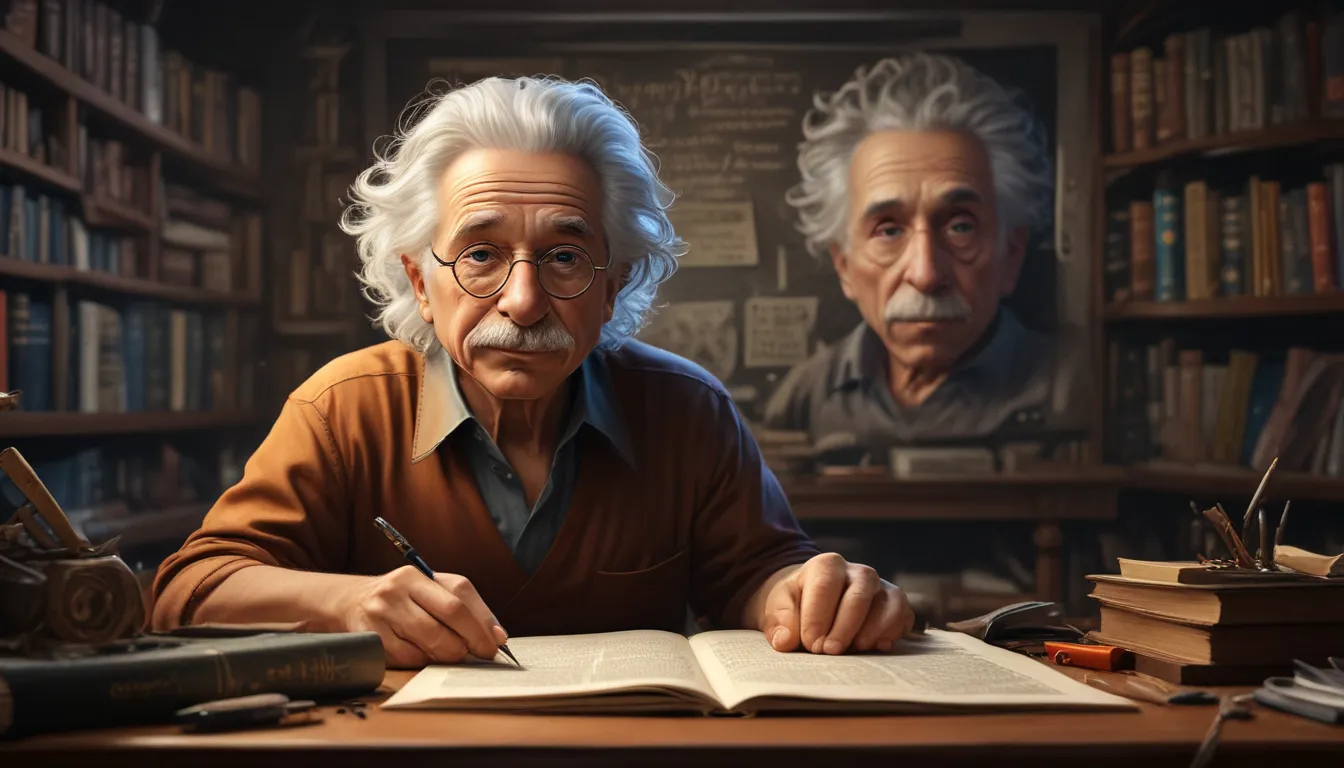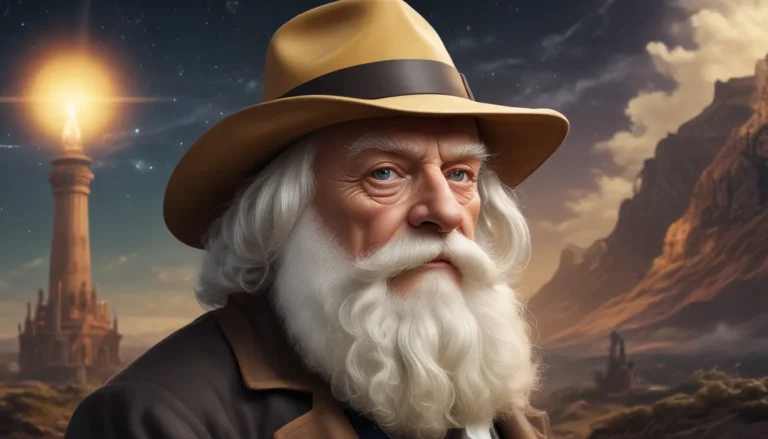The images in our articles may not match the content exactly. They are used to grab your attention, not to show the exact details in the text. The images complement the text but do not replace it.
Albert Einstein, one of the most renowned scientific minds in history, captivates audiences worldwide with his revolutionary theories and eccentric personality. Delving beyond his iconic image, we uncover nine lesser-known and fascinating facts about this enigmatic genius. From his curious childhood to his profound impact on science and society, Albert Einstein’s legacy continues to inspire and intrigue generations. Join us on a thrilling journey through the life and mind of Albert Einstein.
Unraveling Einstein’s Mysteries
As a child, Albert Einstein’s fascination with a compass sparked his curiosity about the invisible forces governing the universe. This early inquisitiveness laid the groundwork for his groundbreaking contributions to physics and cosmology.
The Iconic Equation: E=mc²
One of Einstein’s most famous achievements is the formulation of the equation E=mc², which revolutionized our understanding of mass, energy, and the speed of light. This iconic equation paved the way for advancements in nuclear energy and quantum mechanics.
Rethinking Space and Time: The Theory of Relativity
In 1915, Einstein introduced his theory of relativity, challenging conventional notions of space and time. This groundbreaking theory posits that the laws of physics are consistent for all observers, regardless of their relative motion. Einstein’s theory of relativity transformed our understanding of the universe.
Nobel Laureate: The Photoelectric Effect
In 1921, Einstein received the Nobel Prize in Physics for his work on the photoelectric effect, which demonstrated the dual nature of light as particles and waves. His research laid the foundation for quantum mechanics and advanced our understanding of light.
Einstein’s Extraordinary Brain Legacy
Following his passing in 1955, Einstein’s brain was preserved for scientific study. Researchers discovered unique anatomical features in his brain associated with mathematical and spatial reasoning, fueling ongoing curiosity about his exceptional intellect.
A Voice for Peace: Einstein’s Activism
Beyond his scientific pursuits, Einstein was a vocal advocate for peace and social justice. He used his influence to condemn war, nuclear weapons, and discrimination, establishing himself as an iconic figure of intellectual courage and humanitarianism.
The Maestro of Music: Einstein the Violinist
In addition to his scientific endeavors, Einstein found solace and inspiration in music, particularly playing the violin. His love for music exemplified his multifaceted nature and served as a creative outlet amidst his intellectual pursuits.
A World in Turmoil: Einstein’s Refugee Journey
During World War II, Einstein, a Jewish scientist, fled Nazi Germany and sought refuge in the United States. His presence in America contributed to the Manhattan Project, which ultimately led to the development of the atomic bomb. However, he later regretted his involvement and became an advocate for nuclear disarmament.
Nurturing Imagination: Einstein’s Philosophical Legacy
Einstein emphasized the power of imagination in scientific breakthroughs, asserting that it was more significant than knowledge itself. His innovative thinking and visionary approach inspire scientists and innovators to explore new horizons and challenge the boundaries of human understanding.
In Conclusion: Einstein’s Enduring Legacy
Albert Einstein’s legacy transcends scientific discoveries, encompassing his wisdom, activism, and multifaceted identity. His contributions to physics, humanitarianism, and philosophical thought continue to shape our world. From the theory of relativity to his advocacy for peace, Einstein’s influence resonates with audiences worldwide, instilling a sense of curiosity and creativity in future generations.
FAQs: Exploring Einstein’s World
Q: What was Albert Einstein’s most renowned discovery?
A: Albert Einstein is best known for his theory of relativity, which revolutionized our perception of space, time, and gravity. The equation E=mc² encapsulates his groundbreaking work on mass-energy equivalence.
Q: Did Albert Einstein win the Nobel Prize?
A: Yes, Albert Einstein was awarded the Nobel Prize in Physics in 1921 for his research on the photoelectric effect, a pivotal contribution to quantum mechanics.
Q: Besides physics, what other fields did Einstein influence?
A: While Einstein’s primary focus was physics, he also made significant contributions to mathematics, philosophy, and social activism, advocating for peace and human rights.
Q: Did Albert Einstein face challenges in his early education?
A: Yes, Einstein reportedly experienced difficulties with language and speech in childhood, but these challenges did not diminish his intellectual prowess as he matured into a scientific luminary.
Q: Was Albert Einstein engaged in political affairs?
A: Einstein was actively involved in political advocacy, speaking out against war, discrimination, and nuclear proliferation. His efforts to promote peace and global cooperation left a lasting impact on society.
Your Feedback Matters
We strive to deliver credible and engaging content that educates and inspires our readers. Each fact shared on our platform is carefully curated and reviewed to ensure accuracy and reliability. Join us in exploring a world of knowledge and discovery, guided by a commitment to excellence and authenticity. Trust in our dedication to providing high-quality content as we embark on a journey of learning and enlightenment together.






